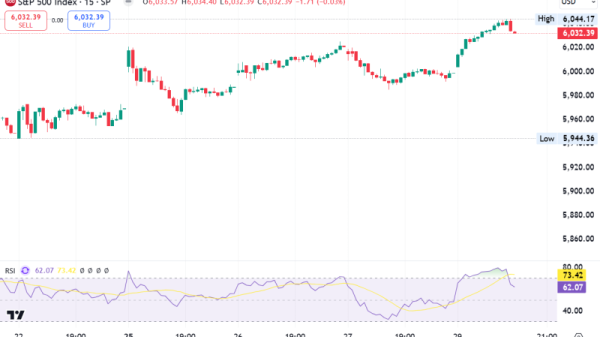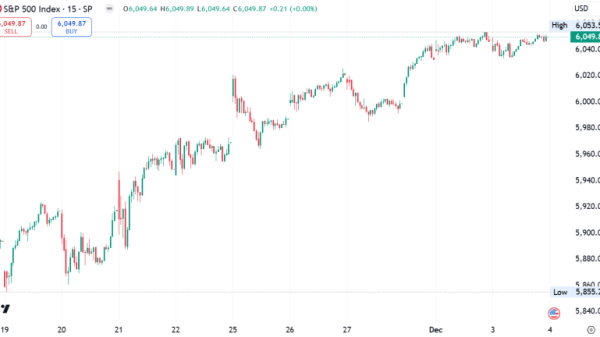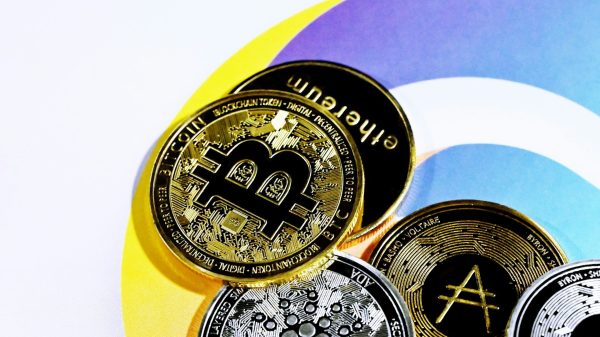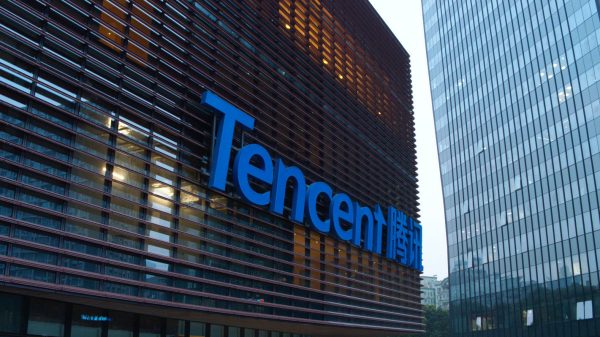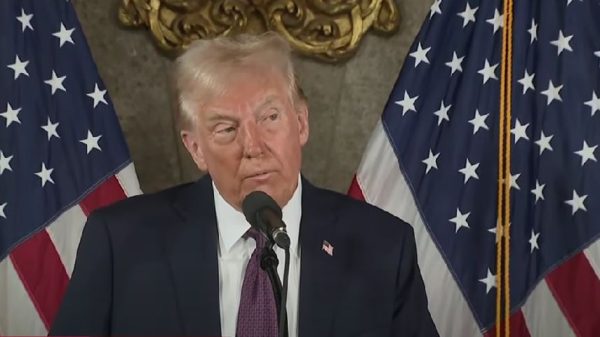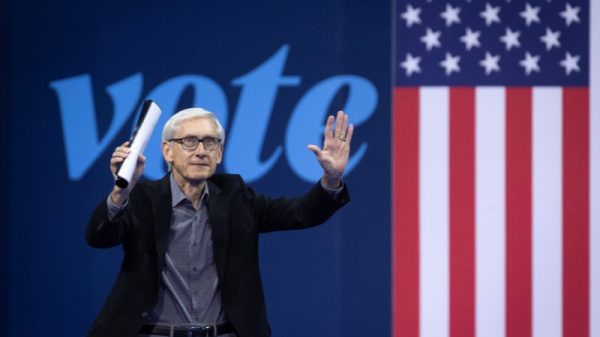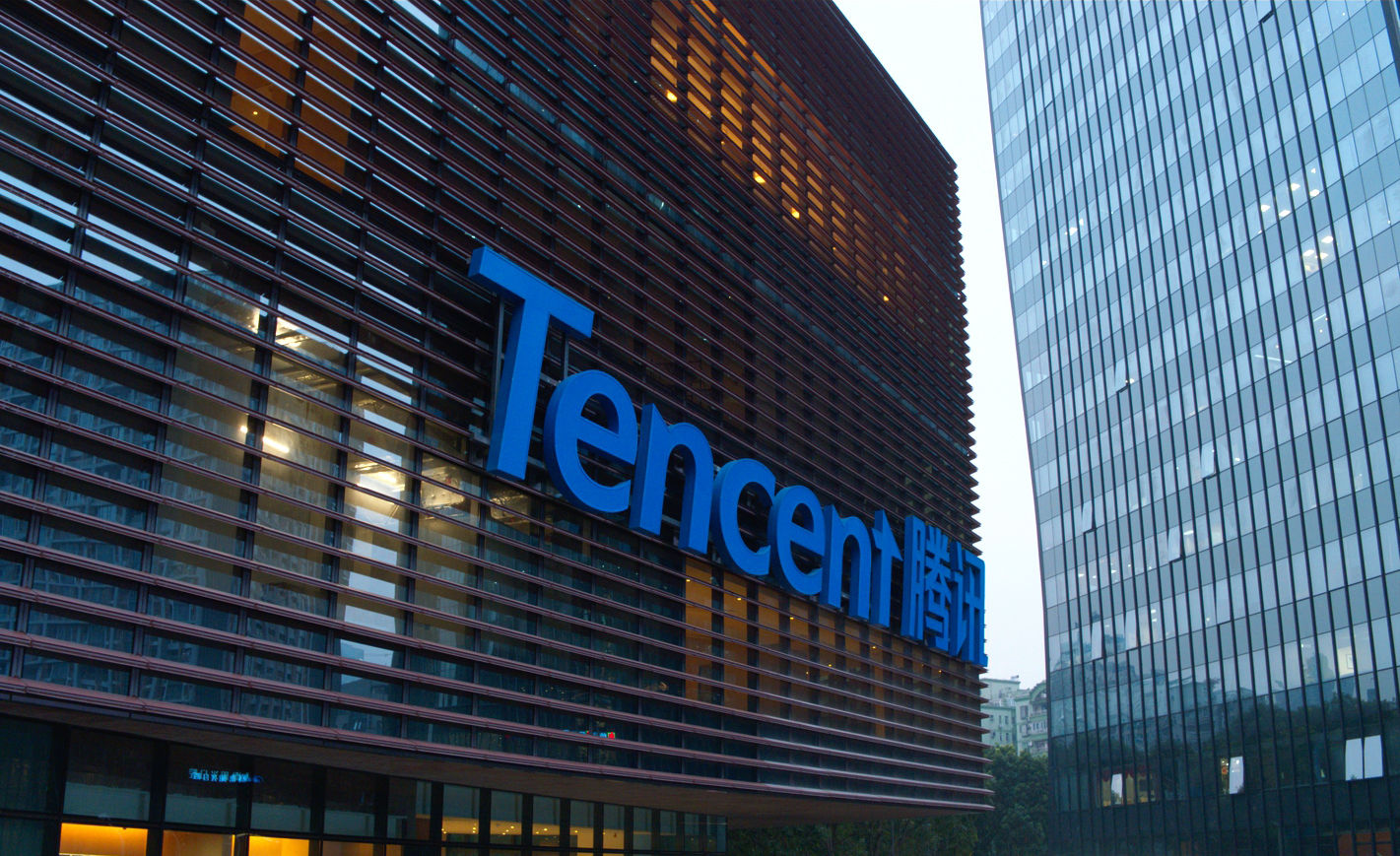Tencent Holdings Ltd., China’s tech giant and social media behemoth, is navigating turbulent waters following its inclusion on a list over alleged ties to the Chinese military.
This action has triggerred a sharp selloff of its stock.
Tencent executed its largest single-day share buyback since 2006, acquiring 3.93 million Hong Kong-listed shares for HK$1.5 billion ($193 million), as per data compiled by Bloomberg.
The shares were bought at prices ranging from HK$376.8 to HK$392.4 per share.
While the buyback highlights Tencent’s efforts to mitigate damage and reassure stakeholders, it also underscores escalating geopolitical tensions affecting Chinese technology firms.
Tencent’s strategic buyback to counter market instability
The sharp 7.3% plunge in Tencent’s stock on Tuesday forced the company into a rare but decisive move: an accelerated share buyback.
Historically viewed as a tool to bolster shareholder confidence, the significant scale of this repurchase signals Tencent’s determination to combat the immediate fallout from the US blacklist.
Tencent’s denial of the allegations and its commitment to cooperating with the US Department of Defense indicate the firm’s strategy to manage the reputational and operational risks associated with this controversy.
While such buybacks are not uncommon, their deployment on this scale highlights the precarious situations Chinese firms face as geopolitical disputes increasingly intersect with market performance.
Hong Kong’s stock market data shows Tencent wasn’t alone in weathering the selloff storm.
Mainland Chinese investors leveraged the Stock Connect programme to purchase HK$14 billion worth of Tencent shares on the same day.
This overwhelming mainland demand not only reflects investor confidence in Tencent’s long-term growth potential but also illustrates the role of domestic investors in cushioning market volatility stemming from international pressures.
Geopolitical risks overshadow Tencent’s corporate performance
Tencent’s predicament is emblematic of a broader trend where Chinese companies find themselves entangled in geopolitical disputes.
Despite its robust financials and market dominance, the firm’s inclusion on the US blacklist reaffirms the persistent risks that geopolitical developments pose to investor sentiment and valuation stability.
The geopolitical climate has not only dampened Tencent’s market performance but also highlighted potential risks for global investors.
With Chinese firms increasingly targeted for alleged links to state institutions, the focus on compliance and transparency has intensified.
Tencent’s proactive approach, including dialogue with the US Department of Defense, reflects an attempt to mitigate these risks, but uncertainty looms large for international stakeholders evaluating exposure to Chinese equities.
Despite the swift buyback, Tencent shares continued their downward trend on Wednesday, sliding a further 2% in Hong Kong trading.
The subdued investor reaction underscores the prevailing caution amidst mounting geopolitical risks and uncertainties surrounding the resolution of US-China tensions.
Investor dynamics and Tencent’s future
Tencent’s response to the blacklist reflects its dual priorities: stabilising short-term market performance while maintaining long-term growth strategies.
By allocating HK$1.5 billion for share repurchases, the company aims to project confidence in its resilience.
The overwhelming support from mainland investors further reinforces Tencent’s foundational position in China’s tech ecosystem, even as international markets grow wary.
The impact of heightened geopolitical tensions on Tencent’s global ambitions cannot be underestimated.
Beyond market volatility, such incidents could influence Tencent’s international partnerships and future growth opportunities, particularly in regions where Chinese tech firms face scrutiny.
While the company’s robust domestic presence and diversified business portfolio provide some insulation, sustaining international investor confidence will likely require more transparency, compliance assurances, and proactive engagement with regulatory bodies globally.
The post Tencent makes $193 million share buyback after US blacklist inclusion triggered sell-off appeared first on Invezz

